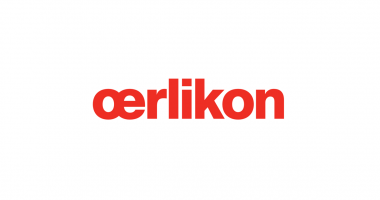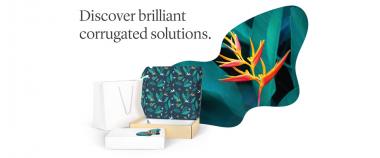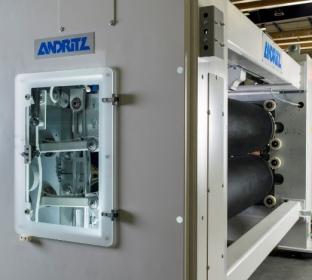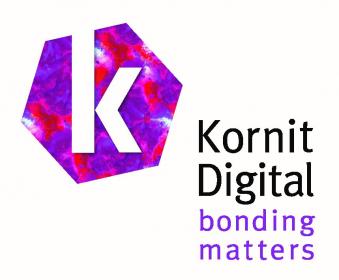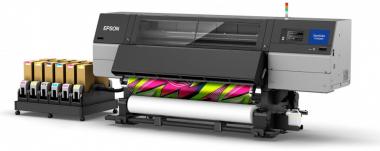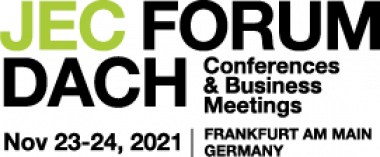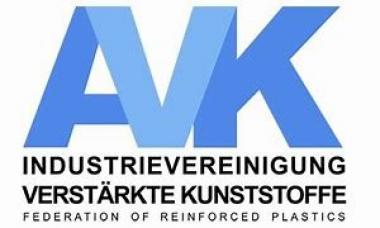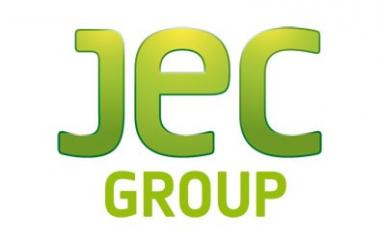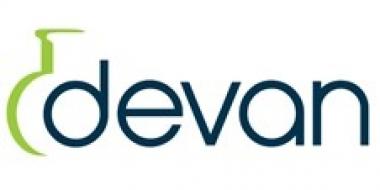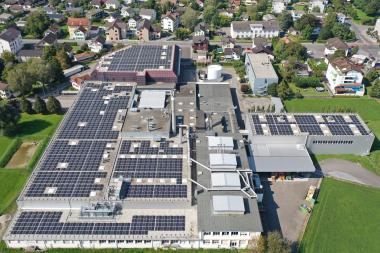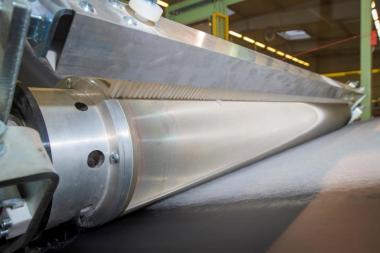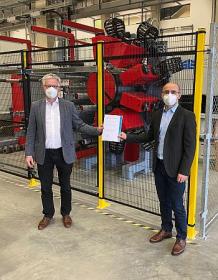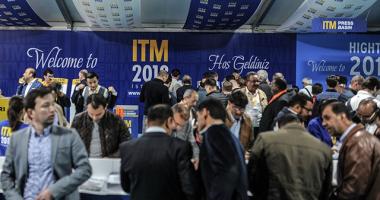DSM/MKU Ltd: High-performance, lightweight ballistic protection in Brazil
Royal DSM, a global science-based company in Nutrition, Health and Sustainable Living, announced that, together with armor manufacturing partner, MKU Ltd, has provided next generation armor technology with Dyneema® unidirectional (UD) material to support the Sao Paulo police.
The Sao Paulo police, which is comprised of more than 100,000 officers, is the first law enforcement agency in Brazil to initiate a tender for personal protective equipment based on the latest National Institute of Justice (NIJ) .06 standards for body armor, which provide comprehensive and rigorous compliance for the performance and testing of ballistic materials. In addition to NIJ .06 certification, the tender set extremely lightweight requirements for level IIIA soft armor vests.
The hybrid vest solution developed MKU, a global leader in defense and homeland security solutions, for the Sao Paulo police utilizes predominantly Dyneema® UD material to reach new levels of performance and protection while simultaneously enhancing user comfort and mobility. Dyneema®, a strong and light fiber, is the one of leading global brands for ultra-high molecular weight polyethylene (UHMwPE) fiber, UD and fabrics, offering ballistic solutions for personal and vehicle armor that combine maximum strength with minimum weight.
In soft armor applications, Dyneema® offers up to 35 percent weight reduction when compared to competitive materials, while still protecting against both legacy and emerging threats.
In addition to the lightweight armor requirement, the vests were also thoroughly tested to ensure performance with NIJ ballistic reports, NIJ certification and in-house ballistic testing both during the tender process and after the vests were received.
In line with DSM’s commitment to protect people and the environment they live in, one of the world’s first ever bio-based HMPE fibers was introduced in 2020.
DSM DSM Dyneema DSM Protective Materials Protective Textiles personal protective equipment
EMG






